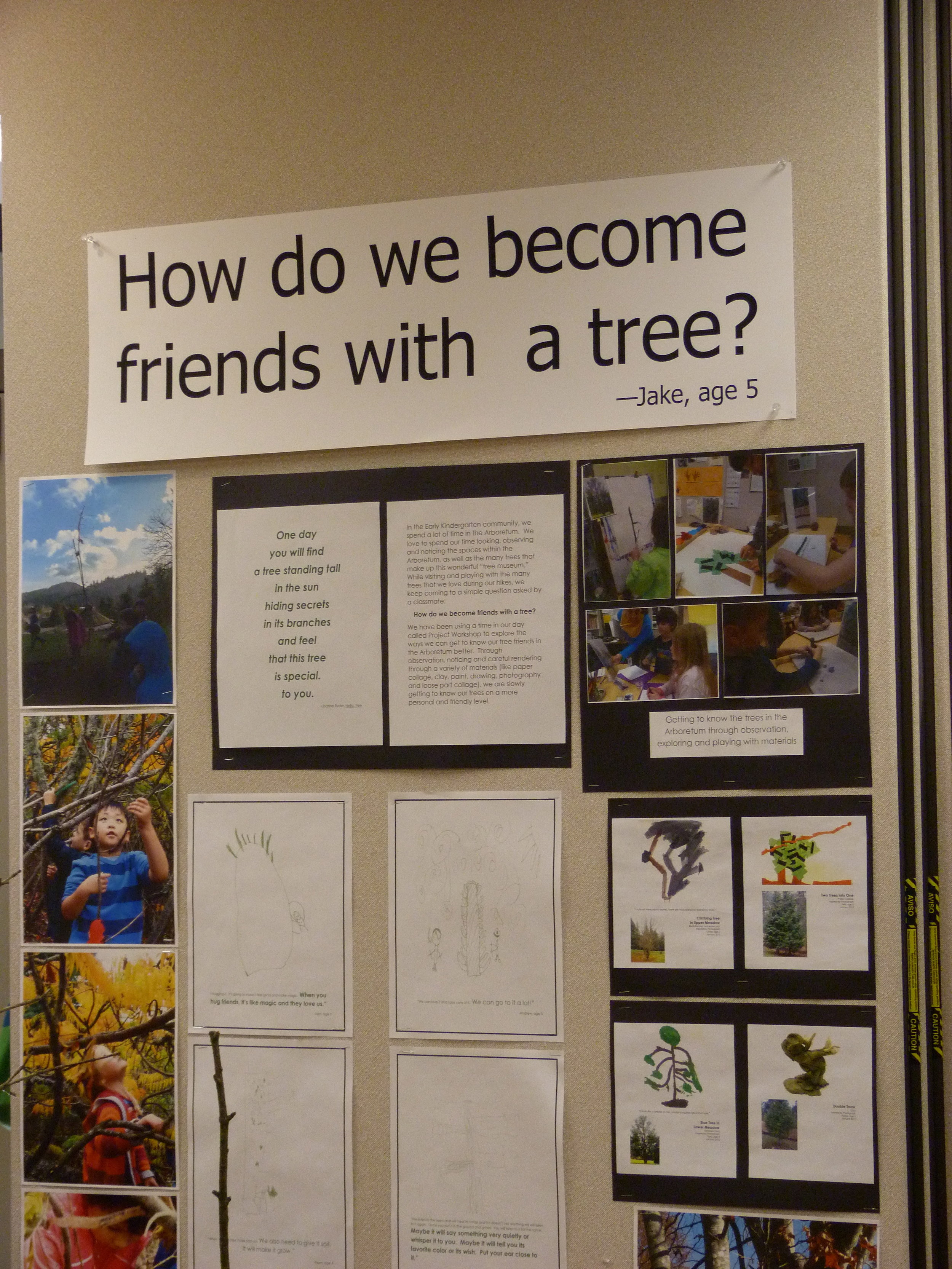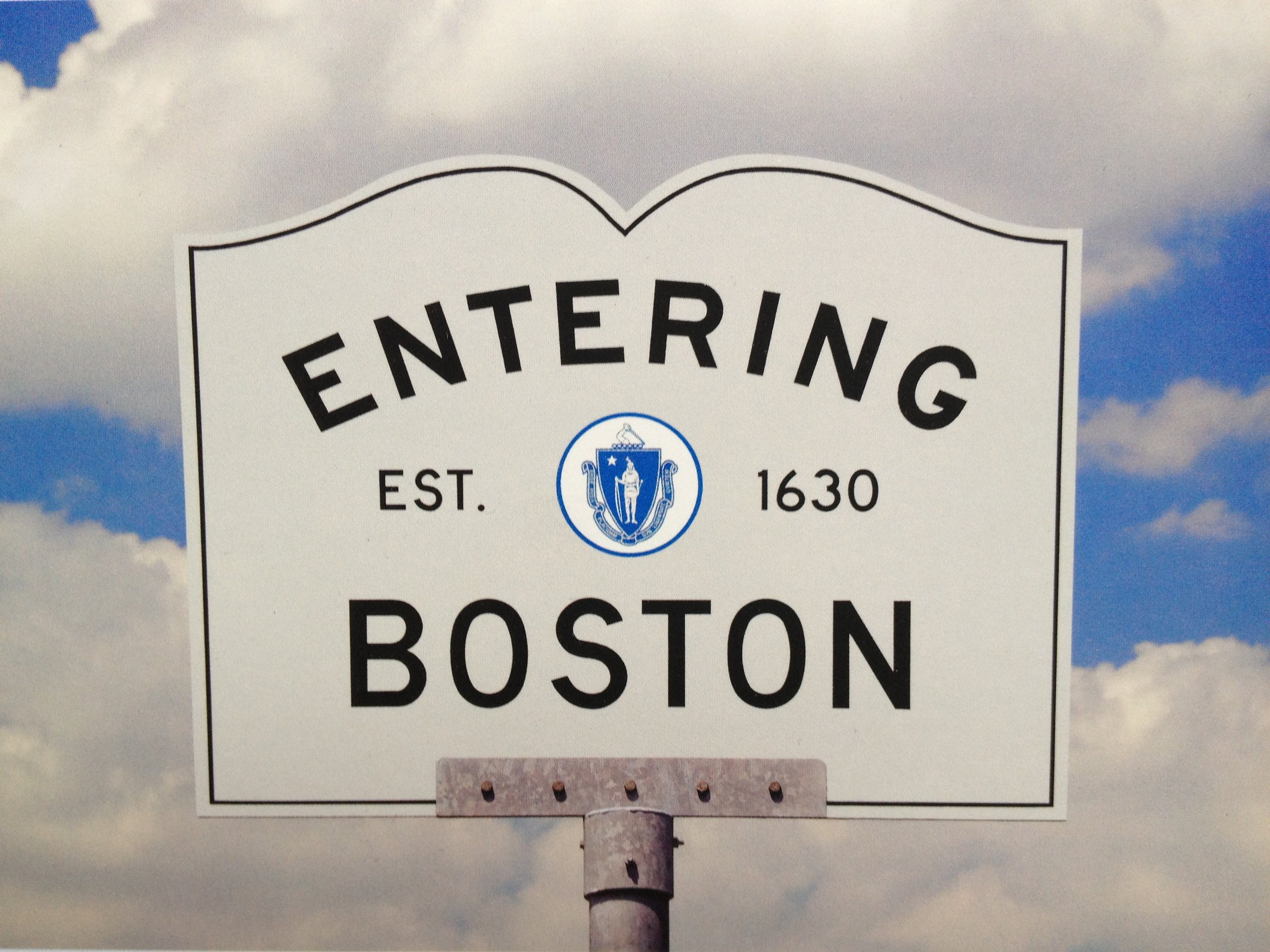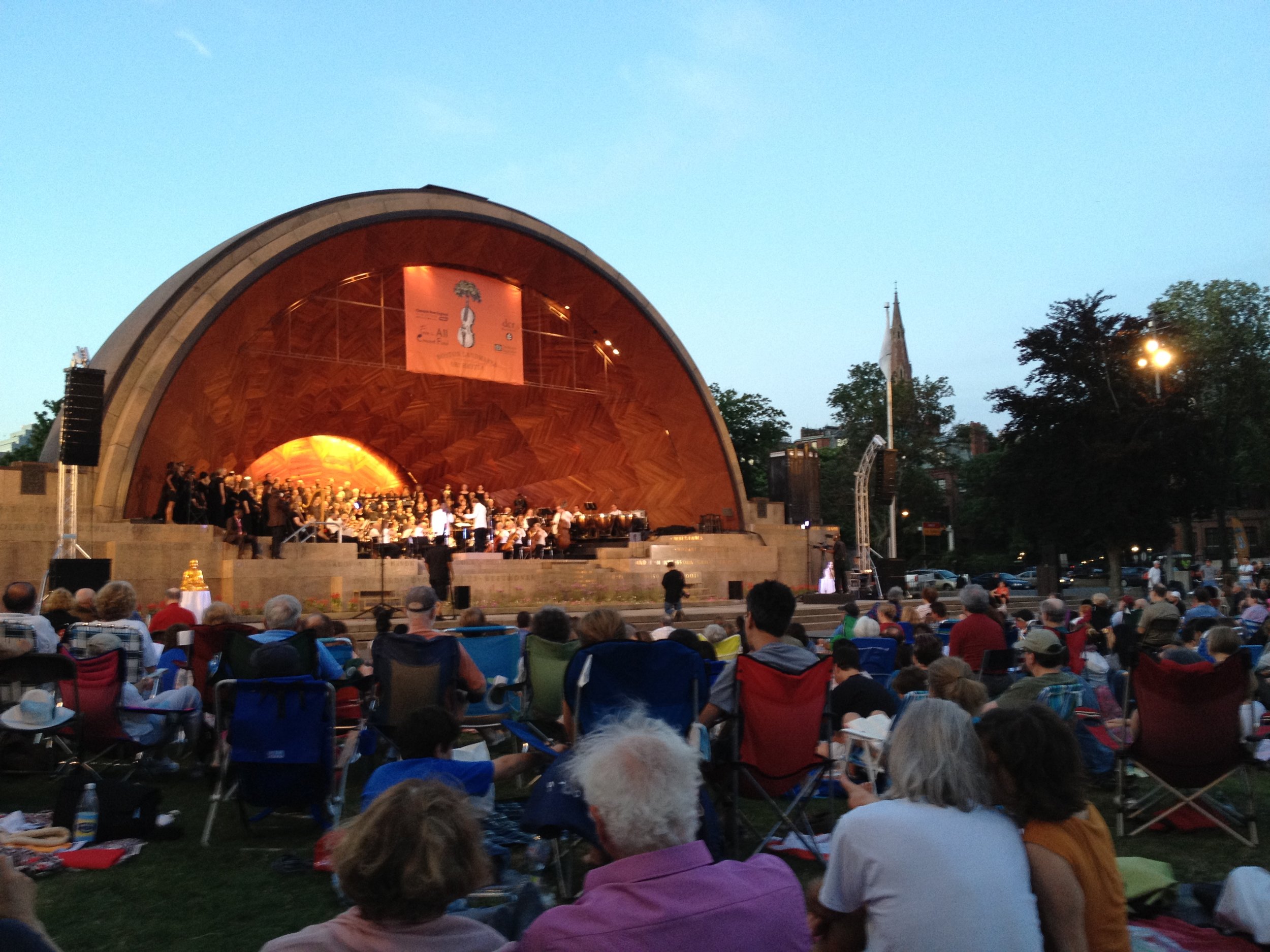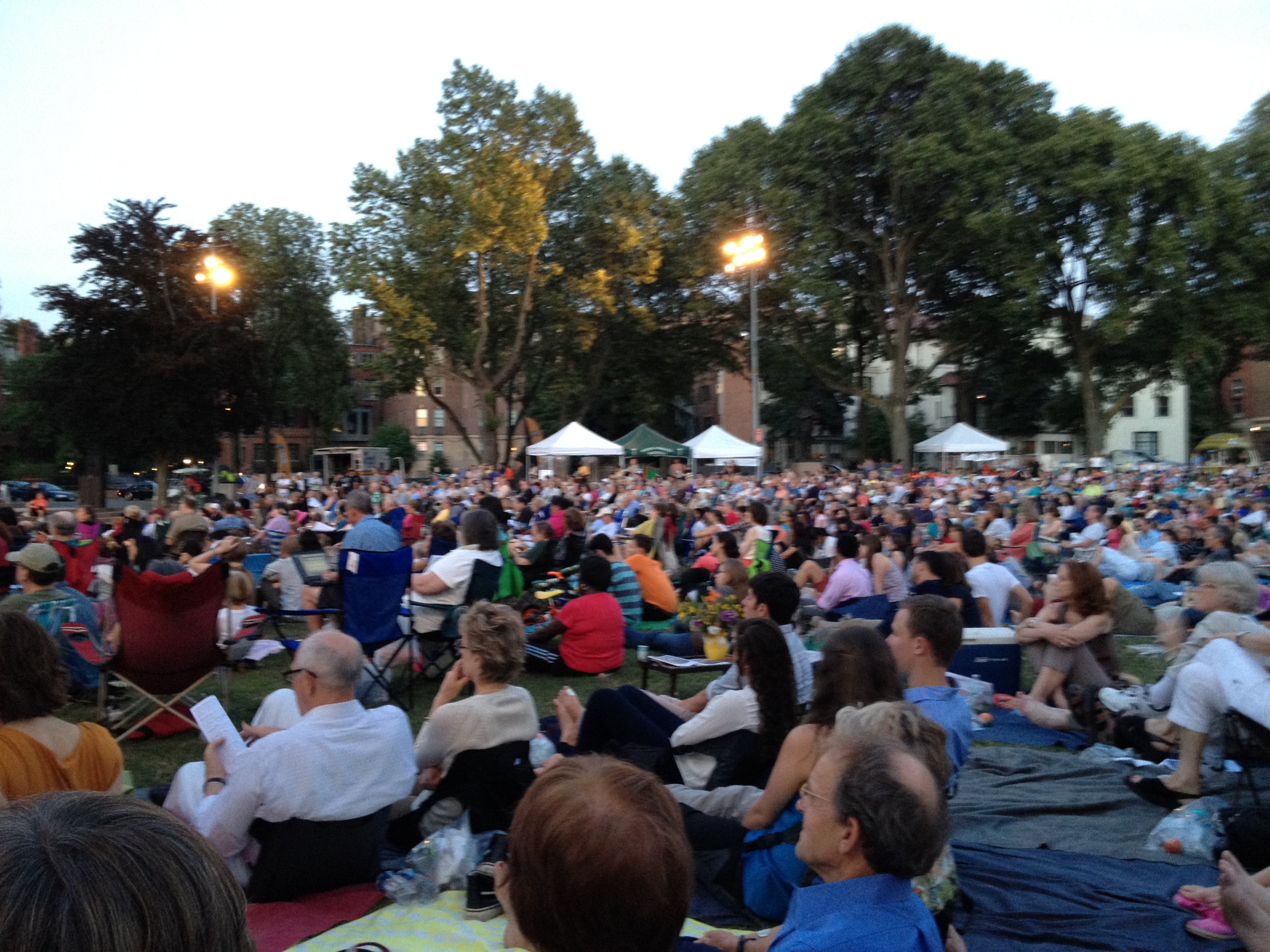Blueberries on Salmon? That’s what Melissa Clark of the New York Times, came up with last week in her weekly column on food. This is a bumper crop year for blueberries at my parents' home in Pittsford, Vermont. Their many decades old bushes are loaded with blue fruit. So, I decided I’d try Ms. Clark’s recipe, Salmon with Agrodolce Blueberries. It was a huge hit with my 90-year-old parents. Mother, who is an excellent cook, was surprised and pleased. Dad, who loves salmon, thought it looked strange, but loved the flavors. I reprised the performance piece for Louise and two dear friends last night with great success.
Agro Dolce is an ancient formula of sweet and sour, that we inherit through Sicily (and they via Arabia). It requires a juxtaposition of ingredients, most pointedly in the case above, blueberries and shallots, vinegar and honey. Ingredients that would seem to be working against each other, in fact, complement each other...even enhance each other. Each flavor brightens in contrast to the other. The chemistry of one is a catalyst for releasing the other.
While in the midst of summer feasting, it’s fun to push Agro Dolce as a metaphor into the classroom. Classrooms are always a challenge that include children of many different abilities and multiple intelligences. The least informed among our educators tend to simplify things to a monotone, teaching all the children as though they are alike. The classroom becomes as monotonous as milk-toast. The most informed among our educators see the classroom for what it is, a diverse, rich mixture. These educators are inventive, yet disciplined with their discoveries. To them, their classrooms are a recipe for Agro Dolce. The diverse ingredients are all there to be matched appropriately, in ways that enhance each other. The results: what the children invent and produce are colorful contrasts of rich ideas, beautifully inventive expressions, and wonderful contributions to the community.
So, here’s to the Agro Dolce Classroom (try the recipe, too!).






